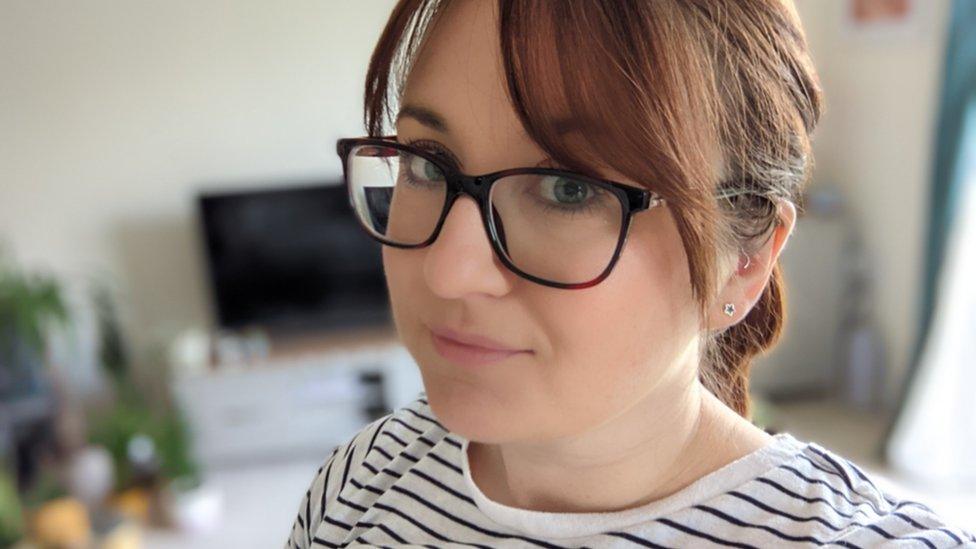Utrogestan: Menopause pill supply restricted over shortages
- Published
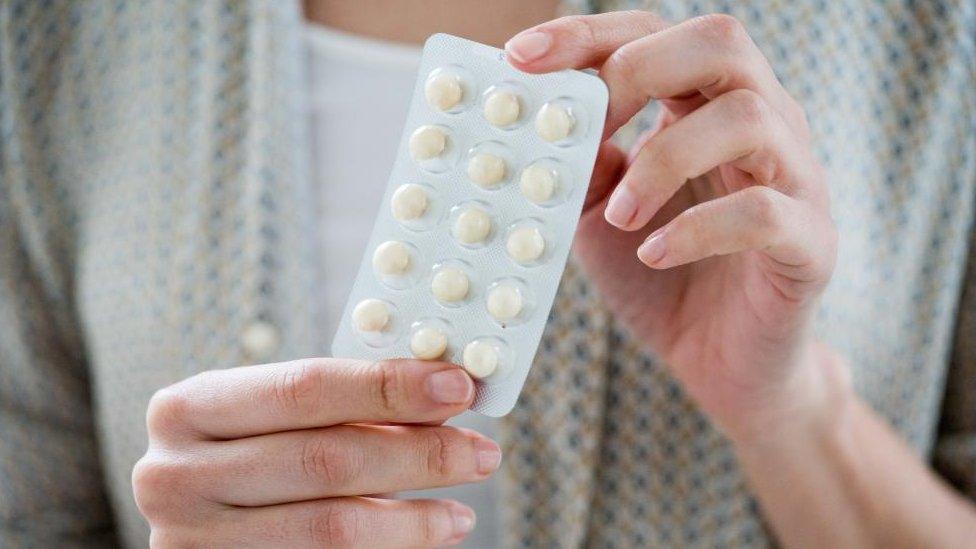
The supply of a drug to treat symptoms of menopause is being restricted by the UK government because of shortages.
Pharmacies will only dispense two months' worth of Utrogestan 100mg capsules per prescription.
The Department of Health and Social Care said Besins, the maker of the hormone replacement therapy (HRT), was increasing supply but that shortages could last until late this year.
Ministers say there are good stocks of the vast majority of HRT products.
Twenty-two serious shortage protocols - a procedure to manage temporary and potential supply issues - have been made for HRT products since April 2022.
But restrictions on only two products are in place, one relating to Utrogestan and the second for Progynova 100 microgram patches.
About a million UK women use HRT treatment for their menopausal symptoms, according to the UK's healthcare watchdog Nice, external.
The numbers taking it are rising, external - partly because of work by campaigners to extend access and greater awareness around the menopause.
Women's minister Maria Caulfield said the "decisive action will mean more women will be able to access this medicine, and I want to reassure women that the vast majority of HRT products are in good supply".
"The overall supply of HRT products has improved considerably over the last year and I am encouraged by how the industry is responding to the growth in demand and our continued calls for action to boost supply to meet it."
Some HRT medicines have also been added to the list of products that cannot be exported from the UK, or hoarded, to try to ensure adequate supply remains.
What is HRT and what are the benefits?
As women approach the menopause, their levels of the hormone oestrogen fluctuate and decline.
Oestrogen has many roles. It helps regulate menstrual cycles, contributes to bone strength and influences the temperature of our skin. As oestrogen levels become unstable, people can experience a range of symptoms such as hot flushes, night sweats, anxiety and joint pain.
HRT tops up the oestrogen levels in a woman's body and can help alleviate these symptoms.
Women who take HRT and still have their womb (uterus) are required to take a progestogen in addition to oestrogen. This is because taking oestrogen alone can cause an unhealthy thickening of the womb lining (endometrium). Utrogestan contains progesterone derived from plants, including yams.
Women who take it generally do not stay on it forever, just to help with the menopausal transition, and many say it makes a big difference to their wellbeing.

How have you been affected by issues raised here? Are there shortages where you are? You can get in touch by emailing haveyoursay@bbc.co.uk, external.
Please include a contact number if you are willing to speak to a BBC journalist. You can also get in touch in the following ways:
WhatsApp: +44 7756 165803, external
Tweet: @BBC_HaveYourSay, external
Or fill out the form below
Please read our terms & conditions and privacy policy
If you are reading this page and can't see the form you will need to visit the mobile version of the BBC website to submit your question or comment or you can email us at HaveYourSay@bbc.co.uk, external. Please include your name, age and location with any submission.

Related topics
- Published7 November 2024
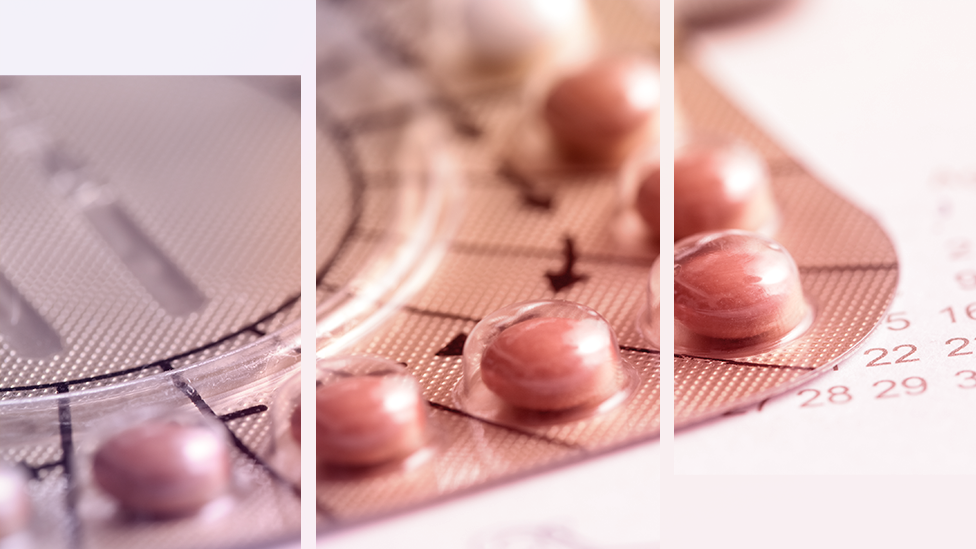
- Published7 November 2024
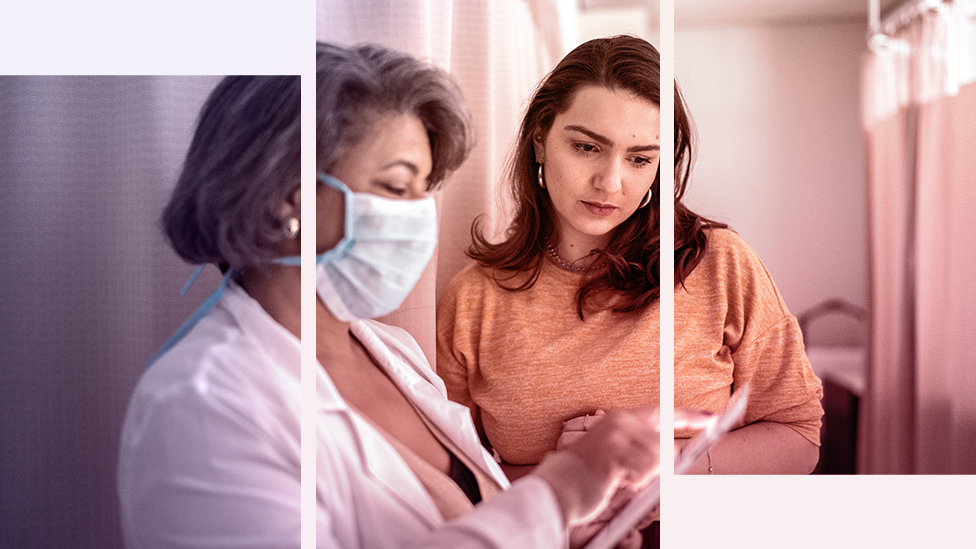
- Published8 September 2022
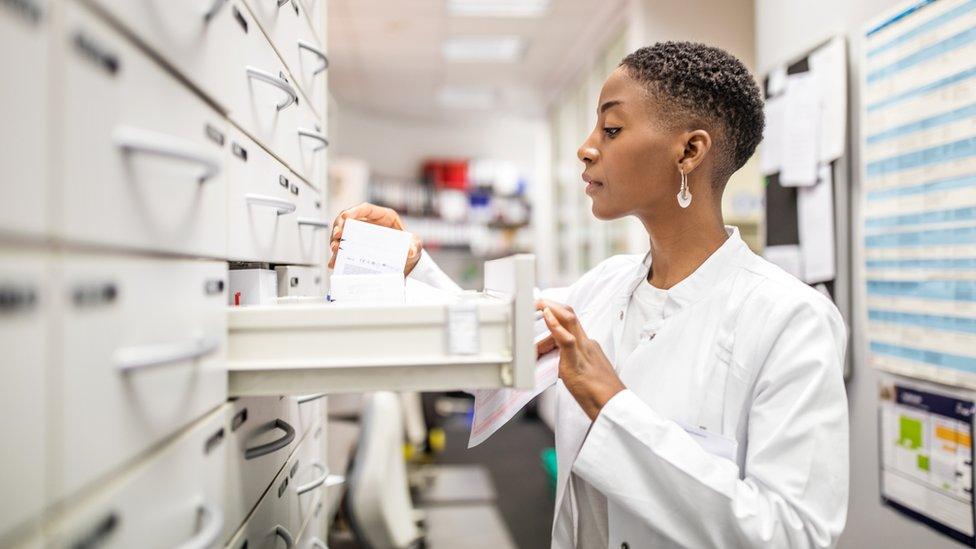
- Published27 April 2022
